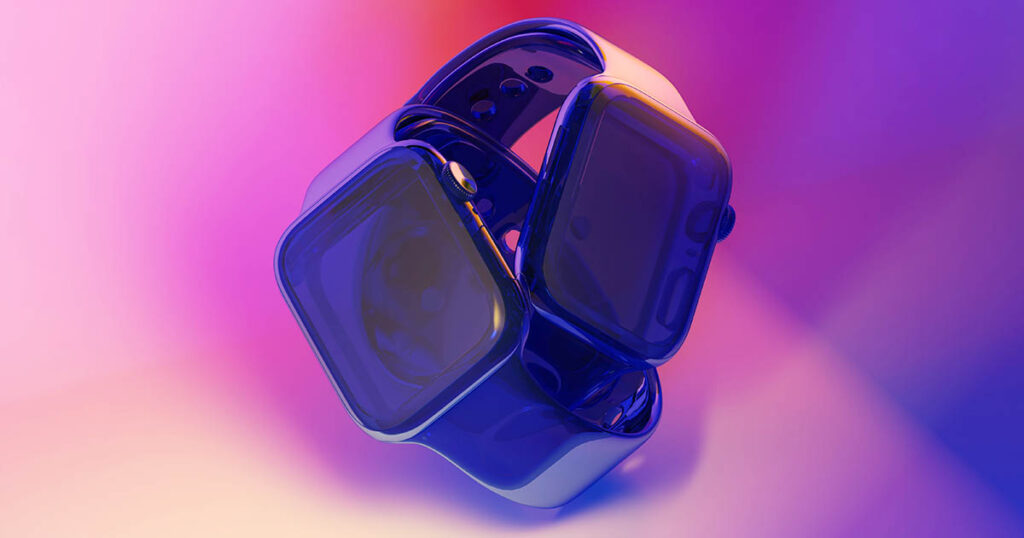Even if you don’t use the public Wi-Fi at a café or the library, you’re probably already aware that almost everything you do online is tracked. Hello, suspiciously timed ads for a yodeling pickle you jokingly linked to your friends last Tuesday . . .
(It’s real, Google it. But beware, you’ll probably get ads for it after you do that.)
That's right, your internet service provider (ISP) or any company that makes money by marketing ads to you is probably logging everything you do online right now. And possibly hackers too.
We don’t mean to freak you out. Even the thought of those odd ads for yodeling pickles are unnerving. But we want to stress that it’s always a good idea to protect your online privacy. Even if you’re not using public Wi-Fi.
The good news is, a virtual private network (VPN) is an easy—and often cheap—way to add an extra layer of security so you can surf the web in peace.
It’s always a good idea to protect your online privacy, even if you’re not on public Wi-Fi. And VPNs are an easy way to add an extra layer of security so you can surf the web in peace.











